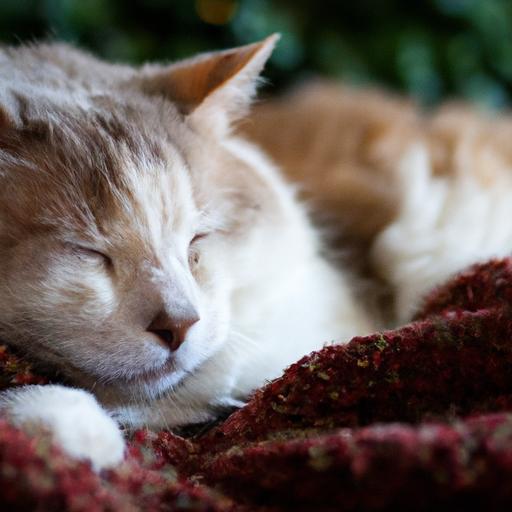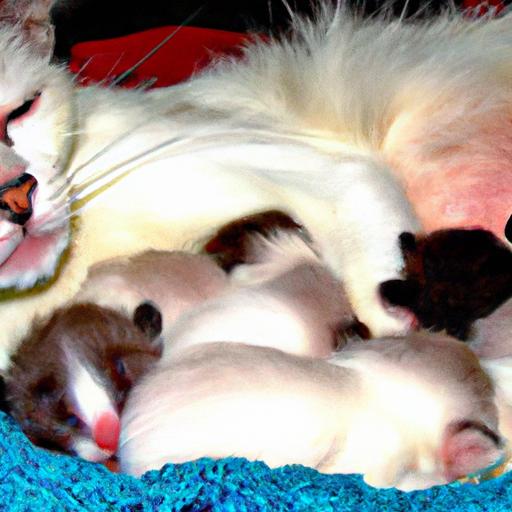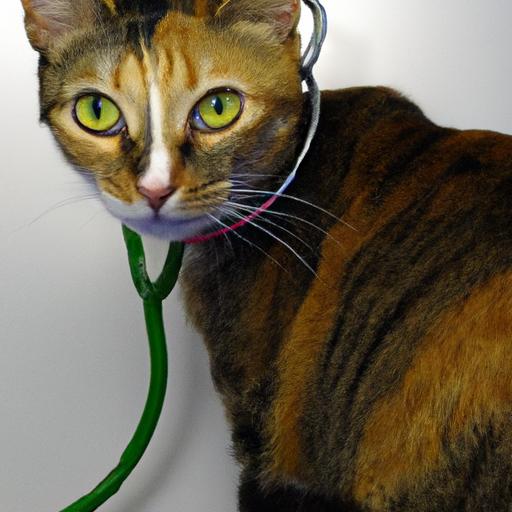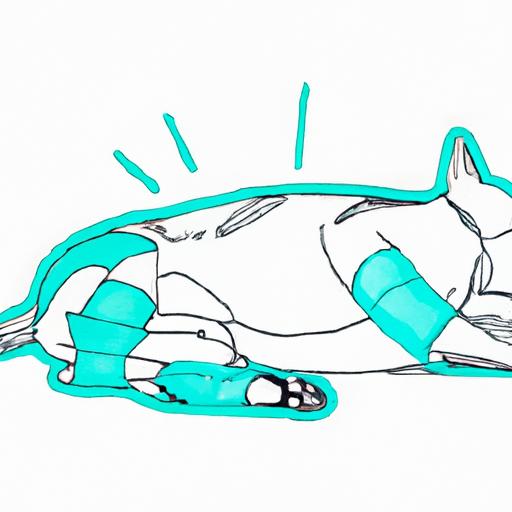
Recognizing Symptoms of Feline Neurotoxoplasmosis
Learn how to recognize symptoms of feline neurotoxoplasmosis early on. Discover the behavioral and physical signs to ensure prompt veterinary care.
Introduction
As pet owners, we strive to ensure the well-being of our feline companions. One health concern that can affect cats is feline neurotoxoplasmosis. This condition, caused by the Toxoplasma gondii parasite, can lead to severe neurological symptoms if left untreated. Recognizing the symptoms early is crucial in providing timely intervention and improving the chances of a positive outcome for our beloved feline friends.

Recognizing Symptoms of Feline Neurotoxoplasmosis
When it comes to identifying feline neurotoxoplasmosis, being aware of the common symptoms can make all the difference. Look out for the following signs that may indicate your cat is affected:
1. Behavioral Changes
Cats with neurotoxoplasmosis often exhibit noticeable behavioral changes. Keep an eye out for any unusual actions, such as excessive restlessness, aggression, disorientation, or a sudden aversion to human contact. These behavioral shifts can serve as early warning signs of the disease.
2. Physical Indications
In addition to behavioral changes, there are physical indications that may point towards feline neurotoxoplasmosis. These can include abnormal eye movements, tremors, seizures, difficulty walking or balancing, and changes in appetite or weight loss. If you notice any of these physical symptoms, it is crucial to seek veterinary attention promptly.
3. Importance of Regular Veterinary Check-ups
Regular veterinary check-ups play a significant role in catching feline neurotoxoplasmosis early on. Your veterinarian will perform a thorough examination, including a neurological assessment, to identify any abnormalities. These routine visits allow for early detection and can significantly impact the prognosis of the disease.
FAQ (Frequently Asked Questions)
To provide further clarity on feline neurotoxoplasmosis, here are answers to some commonly asked questions:
What causes feline neurotoxoplasmosis?
Feline neurotoxoplasmosis is caused by the Toxoplasma gondii parasite. Cats can contract the infection through the ingestion of infected prey or by coming into contact with contaminated feces.
Can feline neurotoxoplasmosis be transmitted to humans?
While feline neurotoxoplasmosis primarily affects cats, humans can also contract the infection. It is important to practice good hygiene, such as washing hands thoroughly after handling cat feces or raw meat, to minimize the risk of transmission.
How is feline neurotoxoplasmosis diagnosed?
Diagnosing feline neurotoxoplasmosis involves a combination of clinical signs, physical examination, laboratory tests, and sometimes imaging studies. Your veterinarian may perform blood tests, cerebrospinal fluid analysis, or imaging scans to confirm the diagnosis.
Are there any specific breeds more prone to this disease?
Feline neurotoxoplasmosis can affect cats of any breed. However, outdoor cats that have exposure to infected prey or contaminated environments may have a higher risk. It is essential to prioritize preventive measures for all cats, regardless of breed.
Conclusion
Recognizing and acting upon the symptoms of feline neurotoxoplasmosis is crucial for the well-being of our feline companions. By staying vigilant and understanding the common signs, we can ensure early intervention and improve the chances of a positive outcome. Regular veterinary check-ups, combined with responsible hygiene practices, can help protect our cats from this potentially devastating disease. Let’s prioritize the health and happiness of our furry friends by remaining attentive and proactive in their care.
Remember, if you suspect your cat may be displaying symptoms of feline neurotoxoplasmosis, consult with your veterinarian immediately. Together, we can provide the best possible care for our feline companions and ensure their overall well-being.






























